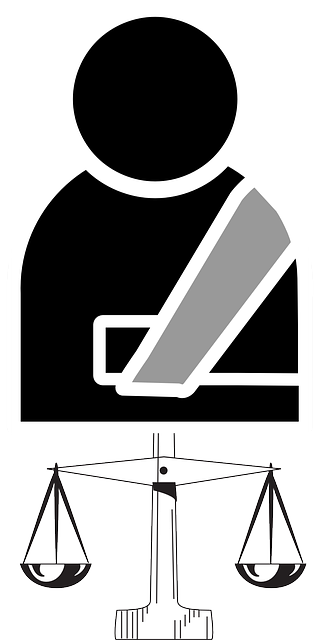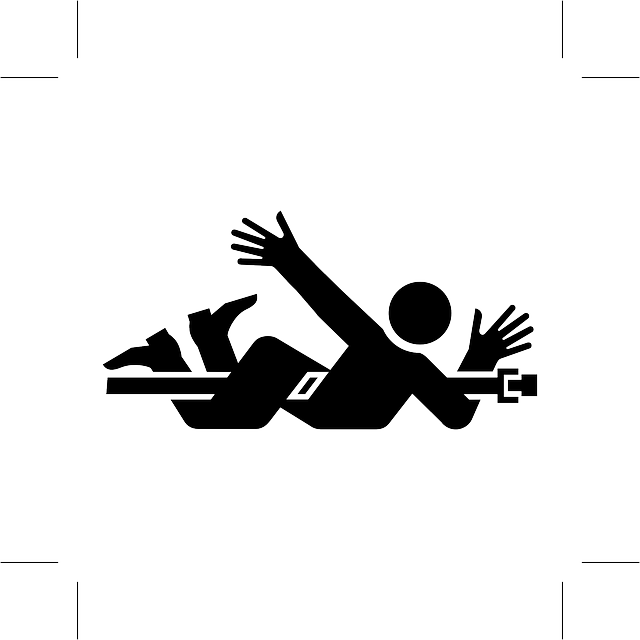The appeal process in injury claims is vital for seeking justice and fair compensation, allowing individuals to challenge initial settlement decisions, especially when offers are unacceptable or assessment errors exist. It ensures equitable treatment, is crucial in complex cases like insurance disputes, medical negligence, or caregiver negligence, and is an integral part of the injury claim process. Effective navigation requires proper documentation (medical records, police reports, employment contracts), proactive communication, clear documentation of errors or discrepancies, and timely follow-up with authorities or legal representatives to increase chances of a favorable outcome.
Navigating the injury claim process can be complex, but understanding how to file an appeal is crucial. This comprehensive guide walks you through each step, from understanding the appeal process in detail to gathering essential documentation. Learn the best practices for presenting and following up on your appeal to ensure a successful outcome. By mastering these key aspects of the injury claim process, you can advocate effectively for your rights and secure the compensation you deserve.
- Understanding the Appeal Process in Injury Claims
- Gathering Necessary Documentation for Your Appeal
- Presenting and Following Up on Your Appeal Effectively
Understanding the Appeal Process in Injury Claims

The appeal process in injury claims serves as a crucial step for individuals seeking justice and fair compensation after sustaining injuries due to someone else’s negligence. It provides an avenue to challenge decisions made during the initial claim settlement, especially when faced with unacceptable offers or errors in assessment. This process is integral to the injury claim process, ensuring that all parties involved are treated equitably.
Understanding how to navigate this procedure is essential, particularly when dealing with complex matters such as insurance coverage disputes, medical negligence, or caregiver negligence. Appeals often require a thorough review of medical records, expert opinions, and relevant laws to build a strong case. By familiarizing themselves with the appeal process, claimants can better protect their rights and increase their chances of securing the appropriate remedies for their injuries.
Gathering Necessary Documentation for Your Appeal

When appealing an injury claim, proper documentation is key to a successful outcome. Gather all relevant medical records detailing your injuries, including diagnoses, treatment plans, and any procedures performed. These documents not only verify the extent of your injuries but also establish a clear timeline of events related to your claim. Additionally, collect copies of any police reports filed at the time of the incident, as these can be crucial in supporting your version of events, especially in cases like slip and fall injuries.
Employment contracts should also be included if your injury occurred during work hours or due to workplace hazards. These documents provide insights into your employment status, responsibilities, and any safety protocols mentioned, which can help strengthen your appeal. In the event of contract disputes, ensuring that all agreements related to your work are well-documented is essential for a compelling appeal.
Presenting and Following Up on Your Appeal Effectively

After filing your appeal, it’s crucial to remain proactive and ensure your message is heard. Presenting a compelling case requires clear communication of your reasons for appealing, backed by relevant evidence. Organize your documents meticulously, detailing the discrepancies or errors in the original injury claim process, whether related to defective products, product liability, or real estate litigation.
Follow-up is key. Keep track of deadlines and communicate regularly with the appropriate authorities or legal representatives. Promptly respond to any requests for additional information or clarification. This demonstrates your commitment to the process and increases the likelihood of a favorable outcome, ensuring your appeal gains the necessary traction within the injury claim process.
Filing an appeal in the injury claim process can be a complex yet essential step to ensure justice. By understanding the procedures, gathering comprehensive documentation, and presenting your case diligently, you can navigate this crucial phase effectively. Remember, the goal is to advocate for your rights and secure a fair outcome, so stay persistent and well-prepared throughout the appeal journey.






